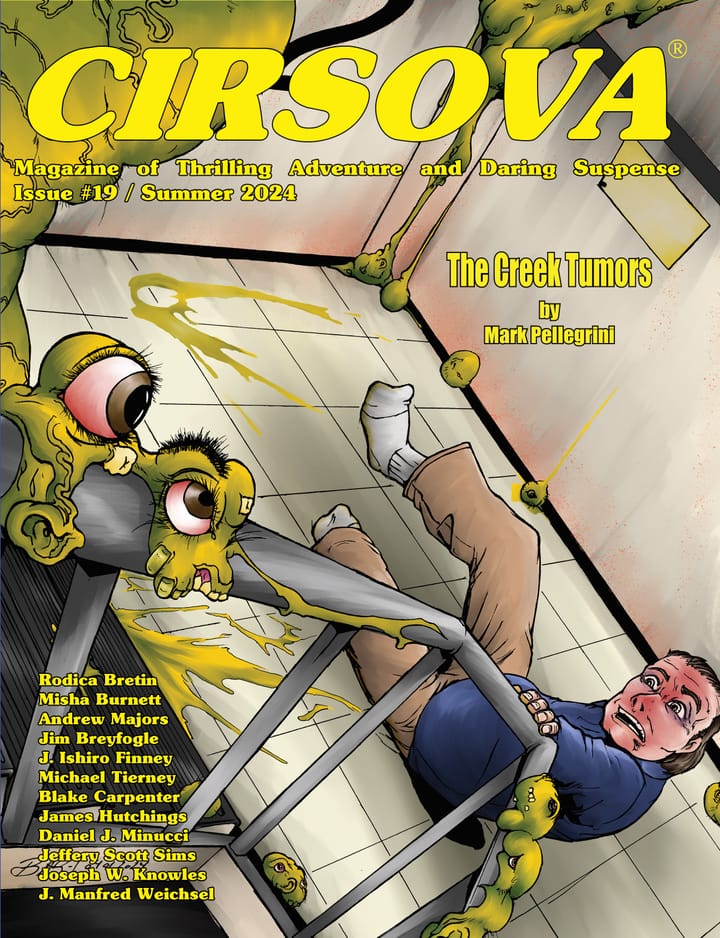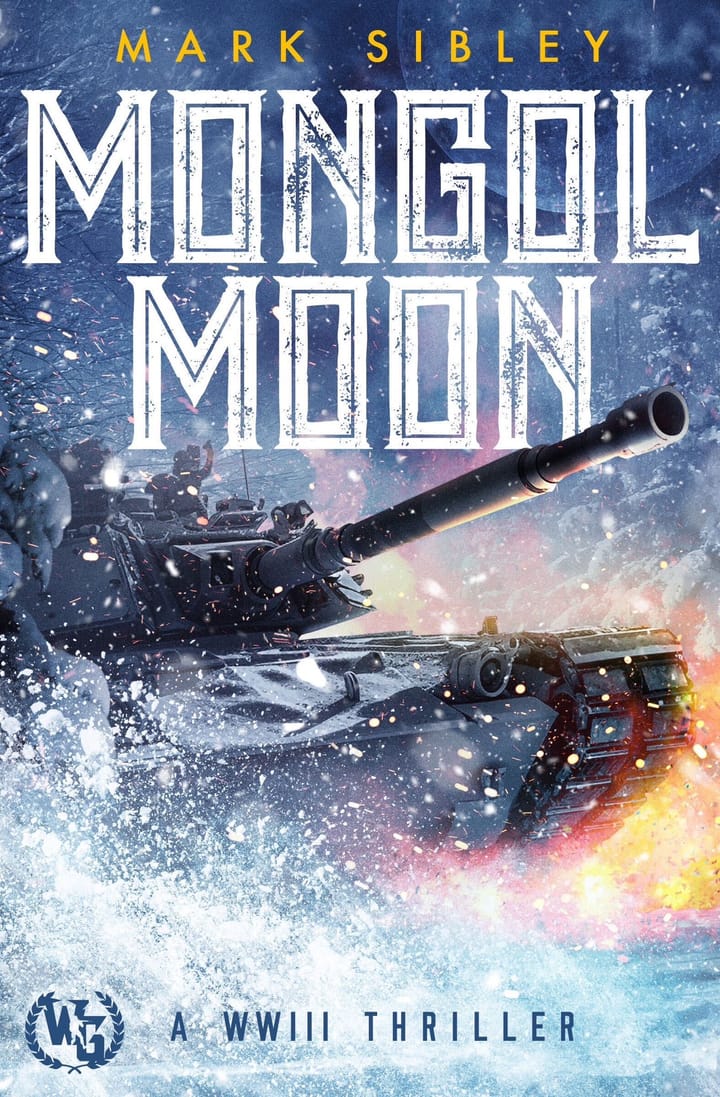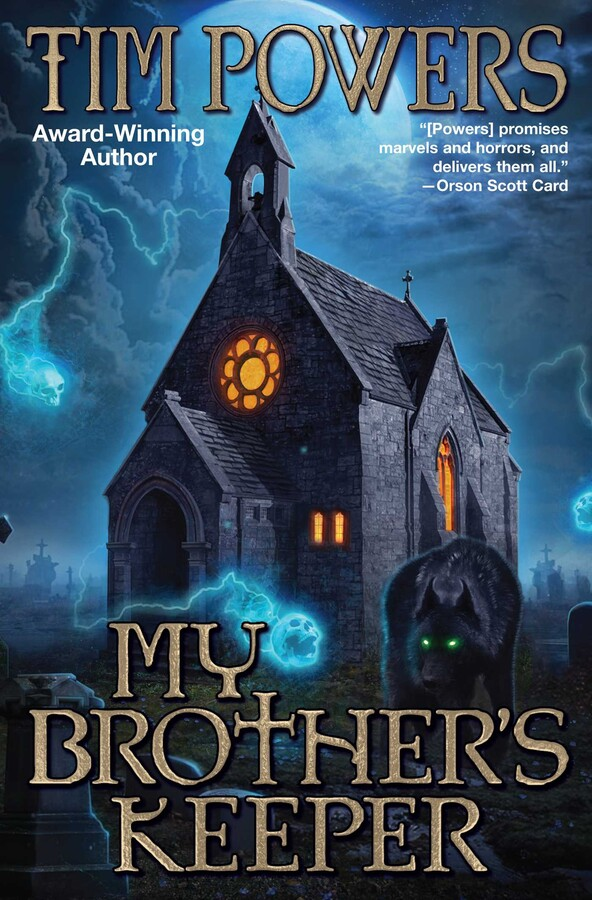Soulminder Book Review

The dome of the Florence Baptistry, showing the hierarchy of angels
By Ricardo André Frantz (User:Tetraktys) - taken by Ricardo André Frantz, CC BY-SA 3.0, https://commons.wikimedia.org/w/index.php?curid=2267968
Soulminder
by Timothy Zahn
Open Road Media Sci-Fi & Fantasy (September 23, 2014)
334 pages
ASIN B07B675RVC
For Dr. Adrian Sommer, a split second of driving while distracted leads to tragedy—and obsession. His family destroyed, he devotes his entire being to developing Soulminder, a technology that might have saved his son as he wavered on the edge of death. Sommers’s vision is to capture a dying person’s life essence and hold it safely in stasis while physicians heal the body from injury or disease. Years of experimentation finally end in success—but those who recognize Soulminder’s possibilities almost immediately corrupt its original concept to pursue dangerous new frontiers: body-swapping, obstruction of justice, extortion, and perhaps even immortality.
Soulminder [Amazon link] is a little different that the other books of Timothy Zahn that I have read. I picked it up in late December, and I started reading it immediately, but it didn't hook me. I turned to other things, then I came back to Soulminder in March. The more I read, the better it got. This book is not a page turner, but rather a slow burner.
Part of the reason for that is the structure. This work was expanded from a serialization in Analog magazine, with three of the chapters adapted from that previous publication. Accordingly, this isn't a traditional novel, with a continuous flow, but rather is more like a collection of novellas with common characters and a common theme, sometimes with separations of many years in between the events each chapter.
Another reason why this book is different is that it is a different kind of science fiction. For a long time, my working definition of hard sci-fi has been: the method of good "hard" science fiction leaves the reader usefully instructed in certain principles of physics or biology after reading a story that otherwise closely resembles a Western. Many of the best works in the field use this formula, but it isn't the only one that works.
Isaac Asimov had a three-part typology that explains some other ways:
In 1953, Isaac Asimov published an article titled "Social Science Fiction" in Modern Science Fiction. In that article, he stated that every science fiction plot ultimately falls into one of three categories: Gadget, Adventure, or Social.
Gadget: The focus of the story is the invention itself: How it comes to be invented, how it works, and/or what it is used for. The invention is the end result of the plot.
Adventure: The invention is used as a dramatic prop. It may be the solution to a problem, or it may be causing the problem itself, but the main focus is on the caper and how the invention's presence helps or hinders it.
Social: The focus of the story is on how the presence of the invention affects people's daily lives, whether for good or for ill. The chief distinction between this and the other two types is that the presence of the invention influences the plot rather than causing it or being the goal.
Soulminder is social science fiction in Asimov's model. There isn't any attempt to describe the scientific principles of Soulminder for the very simple reason that there aren't any. This is a technology that doesn't exist in our world, and we don't have anything that even vaguely approaches it. Thus, we can't learn about soul transfer like we learn about linguistics in The Way of the Pilgrim, or about orbital mechanics and extra-planetary habitats in The Martian. What we can learn about is what our world might be like if a technology like this existed.
The depth at which Zahn explores this question impressed me more and more as I read through Soulminder. My first hint that Zahn was up to something really interesting came in chapter two. Dr. Adrian Sommer, co-inventor of Soulminder, is on a televised panel with several religious media figures to debate the merits of his technology. Since I have a background in moral theology and moral philosophy, I found the stances each expert took to be plausibly within the range of acceptable opinion in their respective faiths, but mostly I found the whole exchange a little boring, since it was mostly a rehash of existing controversies in our world. However, it turns out the debate was really just a red herring for the really interesting question that comes up while Dr. Sommer is sitting in the green room during a commercial break: one of his clients has been caught in the soul trap after suffering an entirely expected third heart attack, but he also has an organ donor card and the hospital is about to start harvesting his organs, since he is legally dead.
On the one had, Dr. Sommer's client probably deserves a chance to be put back into his body once his infarcted heart has been dealt with. On the other hand, at least four people will benefit from the technically dead client's organs. On the gripping hand, it isn't at all clear that the client's heir/protege has pure motives when he insists that the legal precedents around organ donation be followed. This is very, very applied ethics.
And Dr. Sommer has a decision to make. He very much wants to do the right thing, even when he frequently doesn't know what that is. So he makes his decision, and he goes on, through the rest of the book, doing his best to make sure the moral monsters of the world can't take advantage of the power over life and death that he has created.
Earlier in chapter two, Dr. Sommer tries to enlist the help of the Reverend Tommy Lee Harper, a fiery televangelist who is staunchly opposed to Soulminder and all its works. Dr. Sommer suspects that Harper is a man of integrity, and Sommer is right, Harper has so much integrity that he won't help Sommer defend a technology Harper thinks is fundamentally wicked, and contrary to God's plan, no matter what the earthly stakes are.
Sommer closed his eyes briefly. “It’s not out of bad mice or bad fleas you make demons,” he quoted quietly, “but out of bad archangels.” “You and C.S. Lewis make my point for me,” Harper nodded. “Soulminder is an archangel, Doctor, so far as earthly creations go. I’m very much afraid that it’ll be beyond your ability to keep it from becoming a demon.”
...
For a long minute Harper gazed past Sommer, at the lights of the city stretching to the horizon. Then, slowly, he shook his head. “I’m sorry, Dr. Sommer,” he said, “but I can’t help you.” The knot in Sommer’s stomach retightened. “Why not?” he asked, fighting to keep his tone polite. “You see the evil in what Marsh is doing—” “But you ask me to support one evil to keep another from happening,” Harper interrupted him. “I can’t do that.”
The ethical dilemma at the hospital bed, and Zahn's portrayal of Rev. Harper, a man who would simply have been an obscurantist villain in many a book, convinced me that Zahn had written something truly compelling, a moral thriller.
Once I got into it, this book just kept getting better and better. The schemes, grift, and oppression that come into being just because Soulminder exists are breathtaking. Much of it is even plausibly high-minded. The professional witness program, spearheaded in my own great state of Arizona, offers up the bodies of volunteers to the souls of murder victims so that they can testify at their own trials. Justice will be done. However, it is never that simple, especially since only souls that had been rich enough in life to pay Soulminder's fees can be captured and returned, and professional witnesses tend to be the same kind of people who volunteer for drug safety trials. And that is the kind of program the United States governments run. There are plenty of less savory places in the world, and they have Soulminder facilities too. Harper's prediction has a lot going for it.
While I appreciate the moral realism with which Zahn approaches the likely consequences of soul transfer technology, I was also pleasantly surprised by some subtle philosophical points that seemed rather Thomist. For example, the body matters as much as the soul. If you find yourself in someone else's body, you can inherit their habits, emotions, and memories as well. Depending on who that person was, you may find yourself with some unwelcome side effects, like the crime lord who stole the body of a pious young Catholic who happened to share a resemblance, and then discovered that he unexpectedly felt guilty!
If you can persevere through an opening that is admittedly a bit slow [the first chapter was originally written in 1988 or 1989], you will find a work of surprising depth. Not exactly space opera, but worth your time.
My other book reviews | Reading Log
Other books by Timothy Zahn
New Thrawn series:
Thrawn
Thrawn: Alliances
Thrawn: Treason
Quadrail series:
Night Train to Rigel: Quadrail book 1 review
The Third Lynx: Quadrail book 2 review
Odd Girl Out: Quadrail book 3 review
The Domino Pattern: Quadrail book 4 review
Judgement at Proteus: Quadrail book 5 review
Original Thrawn Trilogy:
Heir to the Empire
Dark Force Rising
The Last Command
Blackcollar series:
The Blackcollar: Blackcollar series book 1 review
The Backlash Mission: Blackcollar series book 2 review
Dragonback series:
Dragon and Thief
Dragon and Soldier
Dragon and Slave
Dragon and Herdsman
Dragon and Judge
Dragon and Liberator



Comments ()